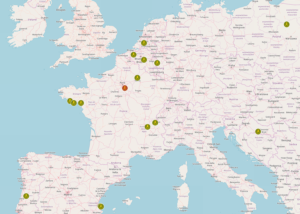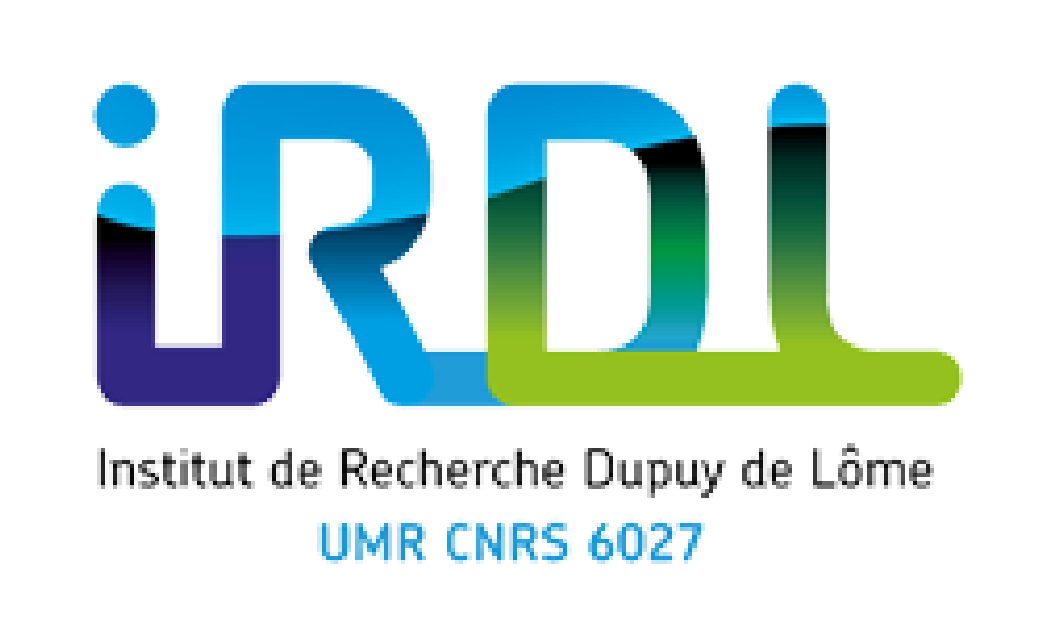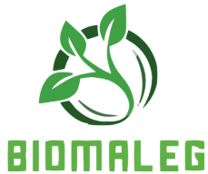NENU2PHAR aims to develop a new European value chain for the production of PHA-based bioplastics

The plastic industry, a key actor in the European company, is currently faced with major environmental challenges. 90% of the plastic produced in the world is made from compounds derived from fossil fuels. Moreover, the management of the end of life of plastic is problematic. One of the means of reducing harmful effects on the environment is to use bio-derived polymers. Polyhydroxyalcanoates (PHAs) are among the most promising candidates. They are renewable, biodegradable polyester polymers with a biological origin.
Unfortunately, there are no sustainable value chains in Europe. The NENU2PHAR project aims to fill this void by developing innovative PHA production technology using sustainable and renewable resources: a microalgal resource and a selection of bacterial strains. During the project, 8 PHA-based products will be developed and compared to their fossil energy based equivalents. The complete validation of the end of life scenarios and the environmental footprint will be studied on the basis of biodegradability, compostability or recyclability of the formulated bioplastics.
NENU2PHAR is a multi-actor collaborative project, it includes 16 European partners: 4 large manufacturers, 6 SMEs, 4 RTDs, 1 innovation cluster and the University of South Brittany through IRDL. IRDL is the only laboratory taking part in this consortium. The project began in September 2020 and will run until March 2024.
Contact: Stéphane Bruzaud stephane.bruzaud@univ-ubs.fr
Project Description Sheet (https://cordis.europa.eu/PROJECTid/887474/fr)
Project website (http://www.nenu2phar.eu/ under construction)








